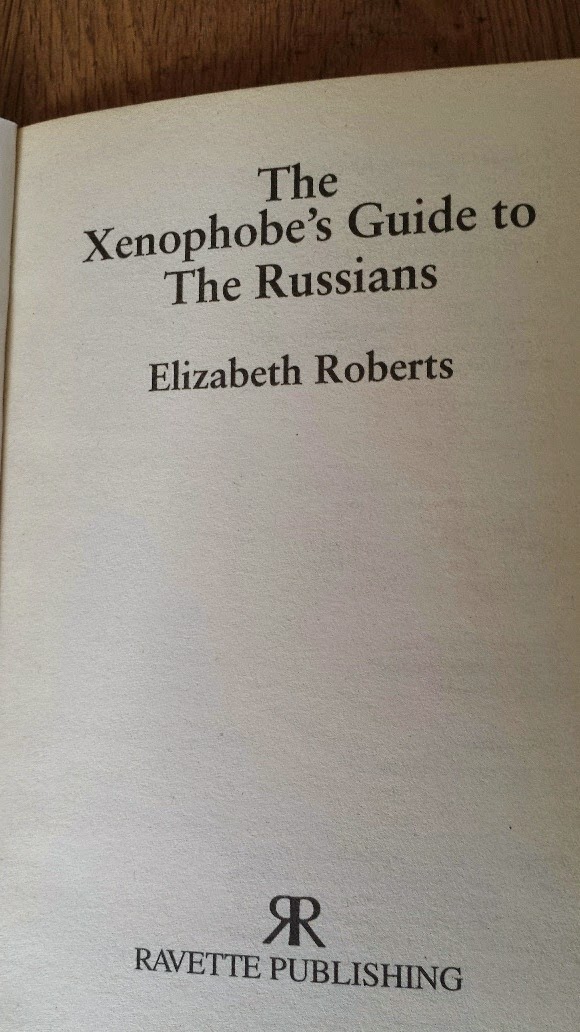 |
| Sir Walter Scott was married in Carlisle Cathedral |
A few hours spent in Carlisle last week reinforced the extent of our cross-border ties.
A dispassionate historical analysis of the idea of Britishness was recently published on his blog 'Senchus'
by Tim Clarkson, author of 'Men of the North'
"I don't have a particular axe to grind as far as Scottish independence is concerned. I'm not a Scot, nor do I live in Scotland. I don't have a vote in the referendum. However, as someone with a keen interest in Scottish history I do take an interest in the debate. I'm particularly interested in how the terms 'Scottish' and 'British' (and 'Scot' and 'Briton') are used by people on both sides, usually when a point about identity is being raised. In recent years, I've spent quite a bit of time studying how these terms were used in Scotland in the early medieval period or 'Dark Ages', the era of the Picts and Vikings. In two books (one already published, the other forthcoming) I've looked at what it meant to be a Briton in the Scotland of a thousand years ago, and why people in those days regarded 'Britishness' as different from both 'Scottishness' and 'Englishness'. Early medieval texts show that even the umbrella term 'Britain' could be used in ways that excluded Scotland and England, to distinguish the territories of the Britons from those of the Scots and English.
The Britons of early medieval times were descended from the people we used to call 'Ancient Britons' in the school history lessons of my childhood. We were taught that the Britons fought the Romans, then the Anglo-Saxons (the ancestors of the English) and that their language survives today in Wales, Cornwall and Brittany. All of this is broadly true, although more could be said. In Scotland, the clearest reminder of the Britons of old is the distinctive, twin-peaked mass of Dumbarton Rock, which gets its name from Gaelic Dùn Breatann, 'Fortress of the Britons'.
Fast forward a thousand years and we're all Britons now, regardless of whether we live in England, Scotland or Wales. The modern notion of a common British identity is fairly easy to grasp - or at least it should be. Unfortunately, not everyone who voices an opinion on Scottish independence seems to understand what 'Britishness' means in the twenty-first century. Some commentators think the name 'Britain' applies exclusively to the United Kingdom of Great Britain and Northern Ireland. They believe a Yes vote on 18th September will herald the 'end' or 'break up' of Britain. They're mistaken. Britain is a geographical entity, a large island in the North Atlantic, known as 'Great Britain' to distinguish it from Brittany or 'Little Britain'; the UK is a political entity, constituted in the early twentieth century after the creation of the Irish Free State. An independent Scotland will still be part of the island of Great Britain. The people of an independent Scotland will still be British. Separation from the UK will not dilute their 'Britishness' in any way. This is a simple geographical fact. It is not affected by the outcome of next week's referendum.
* * * * *
Epilogue: Some references to 'Britishness' in early medieval Scotland
-----
1. Scots, Britons and English (Anglo-Saxons) as separate peoples.
From the Annals of Ulster:
952 AD - Cath for Firu Alban & Bretnu & Saxonu ria Gallaibh.
'A battle over the men of Alba [Scots] and the Britons and the Saxons [English] was won by the Foreigners [Vikings].'
From the Prophecy of Berchan:
c.960 AD (reign of King Ildulb of Alba) - 'Bretain, Saxain, maircc fria a linn, fria a re an lonsaiglithigh airmglirinn mo glienar Albancha leis idir thuaith is eglais.
'Woe to Britons and Saxons in his time, during the reign of the champion of fine weapons; joy to the Scots with him, both laity and clergy.'
[The Britons mentioned in these two references were the people of Strathclyde, the last surviving kingdom of the Britons in the North.]
-----
2. Britain = 'territory ruled by Britons' (not 'the island of Britain' as a whole)
From the Chronicle of the Kings of Alba:
c.972 AD - Cinadius filius Maelcolaim regnavit [xxiv] annis. Statim praedavit Britanniam ex parte.
'Cináed son of Máel Coluim reigned 24 years. He frequently plundered part of Britain.'
['Britain' here means Strathclyde which lay on the south-west border of Cináed's kingdom.]
* * * * * * *














































